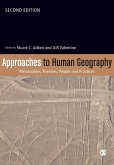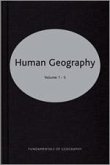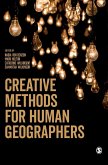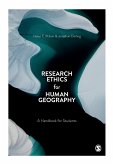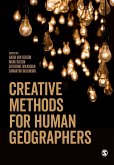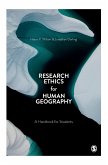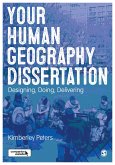This introduction to the development of new theoretical approaches to human geography sets out to explain the key features of these new approaches, and to trace their antecedents and implications. The authors also highlight points of comparison and contrast, inter-connection and dissimilarity.
An introductory chapter describes and accounts for the theoretical diversity present within twentieth-century human geography, and particular attention is paid to the transition from environmental and regional approaches to the "spatial science" of the 1960s. This chapter then sets the stage for the later chapters, which deal systematically with different post-1960s approaches: Marxism, humanism, realism, structuration and postmodernism. Each of these chapters deals with the chronological development of the appropriate literature, describes the key claims and arguments, and then presents a worked example to illustrate the benefits and pitfalls of an approach in practice. A concluding chapter re-integrates the diverse themes and reflects briefly on possible future theoretical developments in human geography in the 1990s.
The principal chapters of the book are framed by both a preface and an epilogue, which address questions about 'relativism' in approaching human geography, while also stressing the need for continued commitment and critical sensitivity in geographical enquiry. The book is written in an easily accessible style with generous expositions of key claims and arguments, and thorough cross-referencing between chapters.
An introductory chapter describes and accounts for the theoretical diversity present within twentieth-century human geography, and particular attention is paid to the transition from environmental and regional approaches to the "spatial science" of the 1960s. This chapter then sets the stage for the later chapters, which deal systematically with different post-1960s approaches: Marxism, humanism, realism, structuration and postmodernism. Each of these chapters deals with the chronological development of the appropriate literature, describes the key claims and arguments, and then presents a worked example to illustrate the benefits and pitfalls of an approach in practice. A concluding chapter re-integrates the diverse themes and reflects briefly on possible future theoretical developments in human geography in the 1990s.
The principal chapters of the book are framed by both a preface and an epilogue, which address questions about 'relativism' in approaching human geography, while also stressing the need for continued commitment and critical sensitivity in geographical enquiry. The book is written in an easily accessible style with generous expositions of key claims and arguments, and thorough cross-referencing between chapters.


